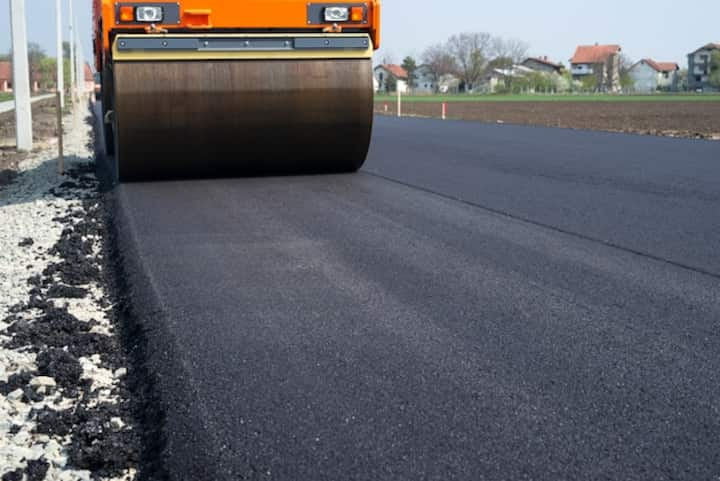
Find Trusted Soil Stabilization Near Me Expert Solutions for Your Project
Soil stabilization is a critical process in construction and landscaping projects, ensuring the durability and safety of structures. When searching for trusted soil stabilization experts near you, it's essential to consider several factors that contribute to effective solutions tailored to your project's unique requirements. This article delves into the key aspects of finding reliable soil stabilization services and how they can enhance your project's success.
Understanding Soil Stabilization
Soil stabilization involves altering soil properties to improve its strength and durability. This process is crucial for construction projects that require a stable foundation. Common methods include the use of chemical additives, mechanical compaction, and geosynthetics. Each method has distinct advantages, depending on the soil type and project specifications. Read more about this topic.
Factors to Consider When Choosing a Soil Stabilization Expert
Selecting the right expert is vital for ensuring effective soil stabilization. Here are some critical factors to consider:
- Experience and Expertise: Look for professionals with a proven track record in soil stabilization projects similar to yours.
- Technological Capability: Ensure the provider uses the latest technology and techniques for efficient results.
- Customization: The ability to tailor solutions based on specific soil conditions is crucial for effective stabilization.
- Reputation: Seek reviews and testimonials from previous clients to gauge the reliability of the service provider.
- Compliance: Verify that the expert complies with local regulations and standards.
Learn more in this detailed guide about choosing the right expert for your needs.
Methods of Soil Stabilization
Chemical Stabilization
This method involves adding chemical agents such as lime, cement, or fly ash to the soil. These agents react with the soil particles, enhancing their properties and making them more stable. Chemical stabilization is particularly effective for clayey and silty soils. Explore further insights here.
Mechanical Stabilization
Mechanical stabilization involves physical methods such as compaction or blending with other materials like sand or gravel to improve soil stability. This technique is suitable for sandy and granular soils, providing enhanced load-bearing capacity.
Geosynthetics
Geosynthetics, such as geotextiles and geomembranes, are used to reinforce and stabilize soil. They are particularly effective in preventing erosion and improving drainage. These materials can adapt to various soil types, making them versatile solutions for many projects. Find additional information here.
Benefits of Effective Soil Stabilization
Implementing proper soil stabilization techniques offers numerous benefits:
- Enhanced Durability: Stabilized soil provides a strong foundation, reducing the risk of structural failure.
- Cost-Effective: Preventing soil-related issues early on can save significant repair costs in the future.
- Environmental Protection: Proper stabilization can mitigate erosion and reduce the environmental impact of construction.
- Increased Safety: A stable foundation contributes to the overall safety and integrity of the structure.
Conclusion
Finding a trusted soil stabilization expert is pivotal for the success of construction and landscaping projects. By considering factors such as experience, technological capabilities, and reputation, you can ensure effective solutions tailored to your needs. Explore further insights here to ensure your project rests on a stable and reliable foundation.